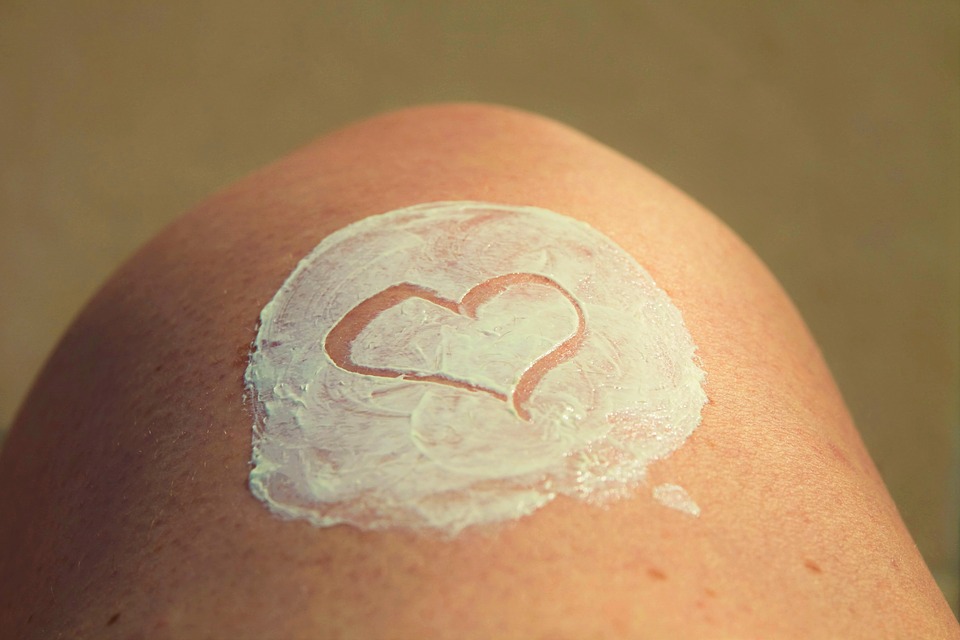STIs and My Residency Visa
Moving abroad is probably everyone’s dream come true. Who wouldn’t want to live in a country where your biggest worry is whether you are wearing enough sun cream and not your vitamin D levels?

So, you’re an expat in the Middle East. You’ve got a tan all year round and the only sheets of water you see are from visits to the ocean rather than frequent downpours. You now no longer have to be conscious about buying coats with hoods. Life is good.
Now your residency visa is due for renewal. You’ve had some good times, some better than others, and you’ve realised that maybe the last couple of Netflix and Chill sessions were a little risky.
You’ve heard some horror stories about people getting deported within hours of receiving a positive STI result. Does this mean you’ll be kicked out if you have Chlamydia? You thought that was curable, but then sex outside of marriage is frowned upon, not to mention illegal in some regions of the Middle East, so would the doctor even see you? Cue the violins – your Insta-perfect life is about to vanish into self-diagnosed S.A.D. and reminiscing about the ‘good old days’ like your grandad does at every big family gathering.
Or is it?
There are a vast amount of misconceptions about sexually transmitted infections in the Middle East, particularly regarding visa applications and renewals. Experts are saying that many people, who might also be experiencing symptoms of an STI, are not getting tested from fear of legal repercussions.

The requirements for residency visas vary depending on the country where you reside. There are indeed laws that state you must be free of STIs, such as HIV, to attain and maintain a residency visa. However, this does not apply to all infections so you should embrace your inner-scholar and read up on the laws for your specific country.

Some countries in the Middle East will ask that you test negative for HIV, others may require a negative status for more. For example, in Dubai, you are not only expected to be free of HIV but also Hepatitis B and Syphilis, depending on your occupation.
These include:
- Nursery workers
- Housemaids, nannies and drivers
- Workers in restaurants and cafes
- Workers in saloons and beauty centres
- Workers in health clubs
If you are concerned about your sexual health and sexually transmitted infections, it is important to get tested as soon as possible. Your fears for the aftermath of your results are well founded, however, as untreated STIs can cause other serious health problems that are considerably worse than just having to book a flight home. You can always choose to arrange to see your doctor in your home country whilst visiting family and friends.
No matter where you live, you only have one life to live and you owe it to yourself to stay healthy. Getting tested will give you the information you need and the power to make the right decisions. Don’t bury your head in the sand, just get a test and stay in control of your health and your life. Mike Asher, CEO and Chairman of Better2Know
Sources
[1] Department of Health – Abu Dhabi: Residence-Visa Medical Check-up
[2] National Aids Manual: Factsheet Travel restrictions for people with HIV
[2] HIV Travel: The Global Database on HIV related travel restrictions
[3] United Arab Emirates’ Government portal: Health conditions for UAE residence visa
[4] The National: Patients suffering from STDs fear legal repercussions, UAE doctors say
[5] The National: 41 per cent increase in reported STDs in Abu Dhabi
Categories
- Abu Dhabi
- Bacterial Vaginosis
- Bahrain
- Blood Tests
- Cancer
- Cervical Cancer
- Chlamydia
- Dubai
- Fertility
- Gardnerella
- Genital Warts
- Gonorrhoea
- Hepatitis A
- Hepatitis B
- Hepatitis C
- Herpes
- HIV (AIDS)
- HIV Testing
- HPV
- Instant Testing
- Kuwait
- Locations
- Middle East
- Mycoplasma
- Oman
- PAP Smear
- Positive STI Results
- Qatar
- Saudi Arabia
- Sex Education
- Sexual Health
- Sexual Health News
- Sexually Transmitted Infections
- STD Symptoms
- STD Tests and Screens
- STI Results
- STI Treatment
- STIs
- Sustainability
- Swab Tests
- Syphilis
- Trichomoniasis
- Uncategorized
- United Arab Emirates
- Ureaplasma
- Urine Tests




